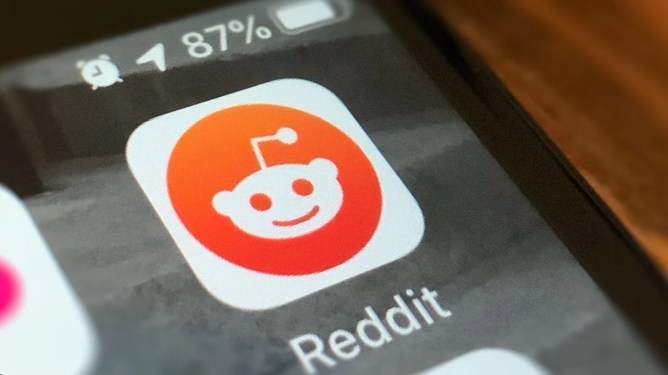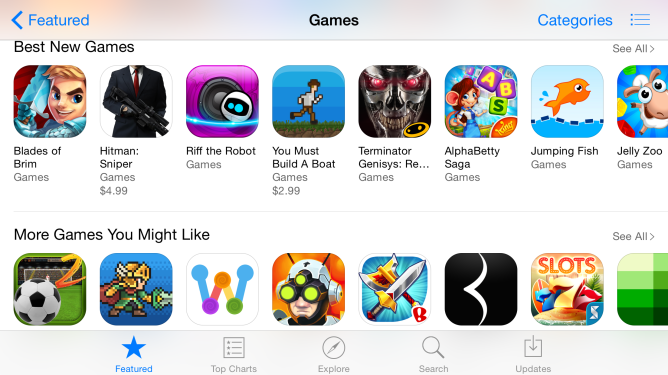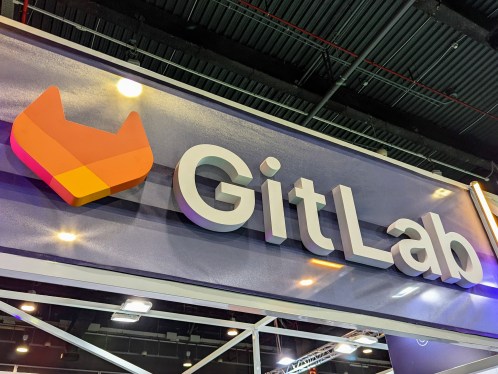The situation involving WhatsApp and the Irish Data Protection Commission (DPC) highlights a complex interplay between encryption technologies, data ownership, and privacy regulations. Here’s a structured summary of the key points:
-
Encryption and Privacy: WhatsApp uses end-to-end encryption, which theoretically enhances user privacy by ensuring only the sender and recipient can read messages. However, this security measure does not inherently negate the potential risks posed by cross-platform data sharing.
-
GDPR Compliance and Cross-Platform Data Sharing: The DPC ruled that WhatsApp’s use of Facebook (now Meta) for advertising purposes violates GDPR. This is because Meta owns WhatsApp and thus has control over user data across its platforms, including Instagram and Facebook. The ruling implies that Meta may be using user data without proper consent or clear transparency when serving ads from other platforms.
-
Ownership Structure: WhatsApp’s ownership by Meta means that their policies regarding data use are paramount. This structure could facilitate cross-platform tracking of users’ activities for advertising purposes, potentially violating GDPR’s requirement for explicit consent and clear information about how data is used.
-
Meta’s Defense: Meta argues that they comply with both technical and legal standards, using contractual necessity for service improvements and security. However, their ownership of WhatsApp may still allow them to control user data in ways that breach privacy regulations.
-
Implications for Users: The ruling raises concerns about the potential impact on user trust regarding data sharing across platforms. It underscores the challenge companies face in balancing strong encryption (for privacy) with the need to provide services that may require data usage, such as advertising features.
-
Broader Context: This case is not unique to WhatsApp but highlights broader issues in how companies handle user data when they own multiple interconnected platforms. Similar concerns could affect other companies operating under shared ownership structures.
In conclusion, the DPC’s decision reflects a tension between encryption technologies and cross-platform data sharing obligations under GDPR. While end-to-end encryption enhances privacy, it does not absolve companies from adhering to broader data protection laws when these practices involve shared infrastructure. The ruling may lead to stricter privacy regulations for users relying on such interconnected platforms.












